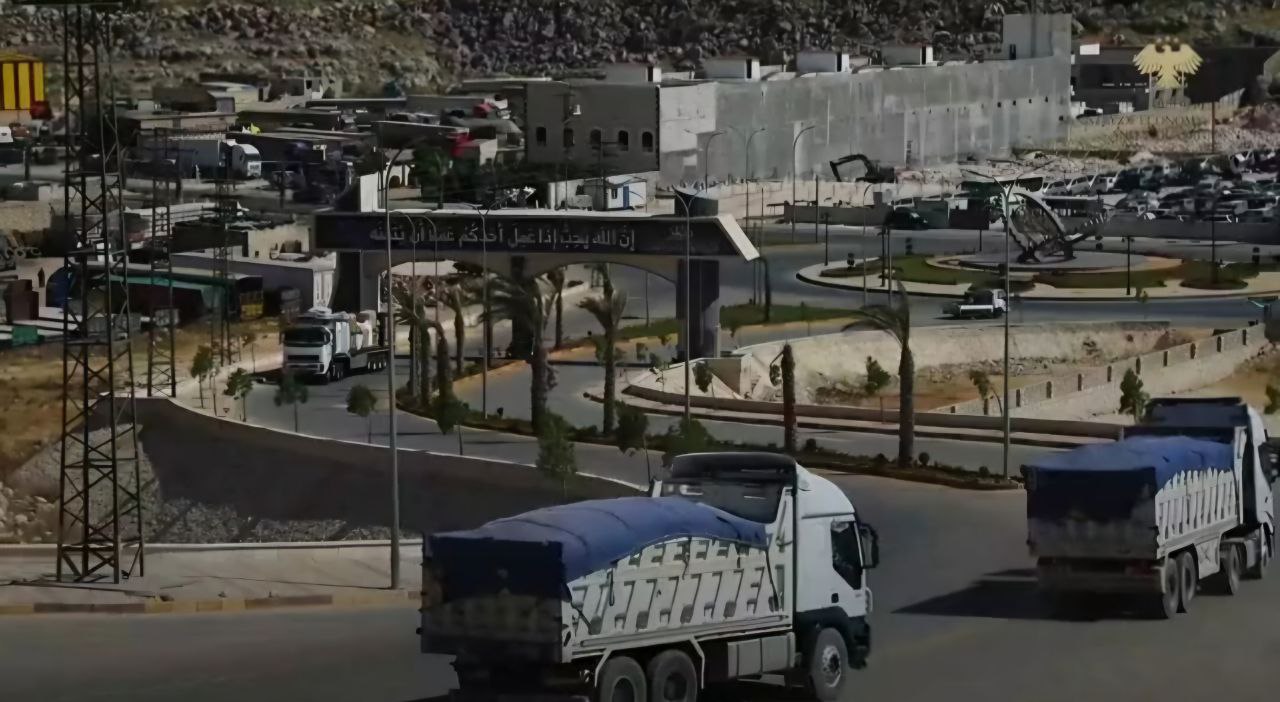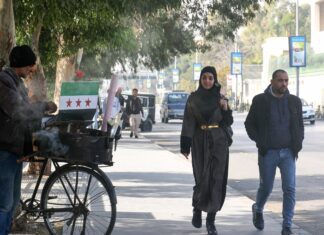
Syria’s Ministry of Economy and Industry recently approved a new investment system for Syrian industrial cities. In a June 18 meeting at the General Administration of Industry building Minister of Economy and Industry Dr. Muhammad al-Shaar approved the new system.
This motion is considered a strategic step supporting the national economy, reflecting the state’s commitment to achieving development and keeping pace with economic transformations while ensuring transparency and simplified procedures. It aims to enhance the attractive environment encouraging both national and foreign investment in industrial cities while facilitating the transfer and localization of technology and industrial knowledge.
Local value is increased through support of assembly industries, heavy industries, manufacturing industries, and electronic industries. Which is a qualitative step aimed at stimulating economic activity in vital sectors and supporting recovery and reconstruction efforts. This system results from joint cooperation between economic experts and representatives of the industrial sector.
Engineer Muayyad al-Banna, the director general of industrial cities, explained that Syria has five updated industrial cities, which are Adra Industrial City located in rural Damascus, Hussia Industrial City in Homs, Sheikh Najjar Industrial City in Aleppo, Bab al-Hawa Industrial City in Idlib, and finally Deir Ezzor Industrial City, which will be restructured soon to meet the requirements of the upcoming phase.
Banna indicated that the new system represents a radical shift in the investment landscape in Syria, consisting of 26 articles formulated to align with investment standards in developed countries. Among the most notable provisions is arbitration as a means to resolve disputes between the state and investors away from judicial complexities.
The system also adopts modern investment patterns such as Public-Private Partnerships (PPP), particularly the BOT model. Additionally, digitizing administrative work to facilitate procedures is an important feature. Engineer Muayyad emphasized that these provisions, absent during the previous regime, which was characterized by bureaucratic complexities negatively impacting investors.
Muayyad confirmed that industrial zones are generally integrated production environments designed and managed professionally, combining advanced infrastructure with administrative facilities and strategic locations to create an attractive investment environment for local and foreign investors, thus forming a fundamental pillar for the national economy.
It is essential to note that the new system provides investors with legal guarantees, tax and customs exemptions, and simplified administrative procedures that do not exceed 72 hours for registration. It also enhances transparency and governance, making the new investment system in industrial cities a modern legislative framework that raises regional competitiveness and attracts high-quality international partnerships to achieve effective investment as a partner in nation building.








